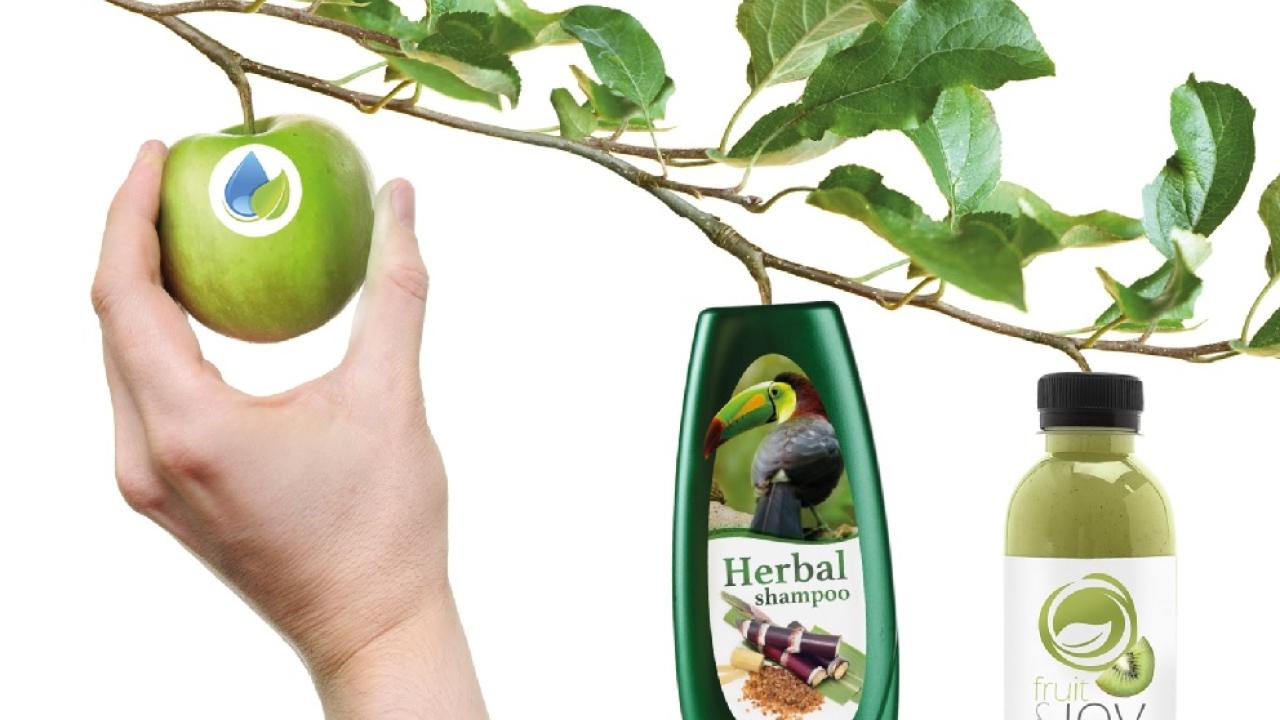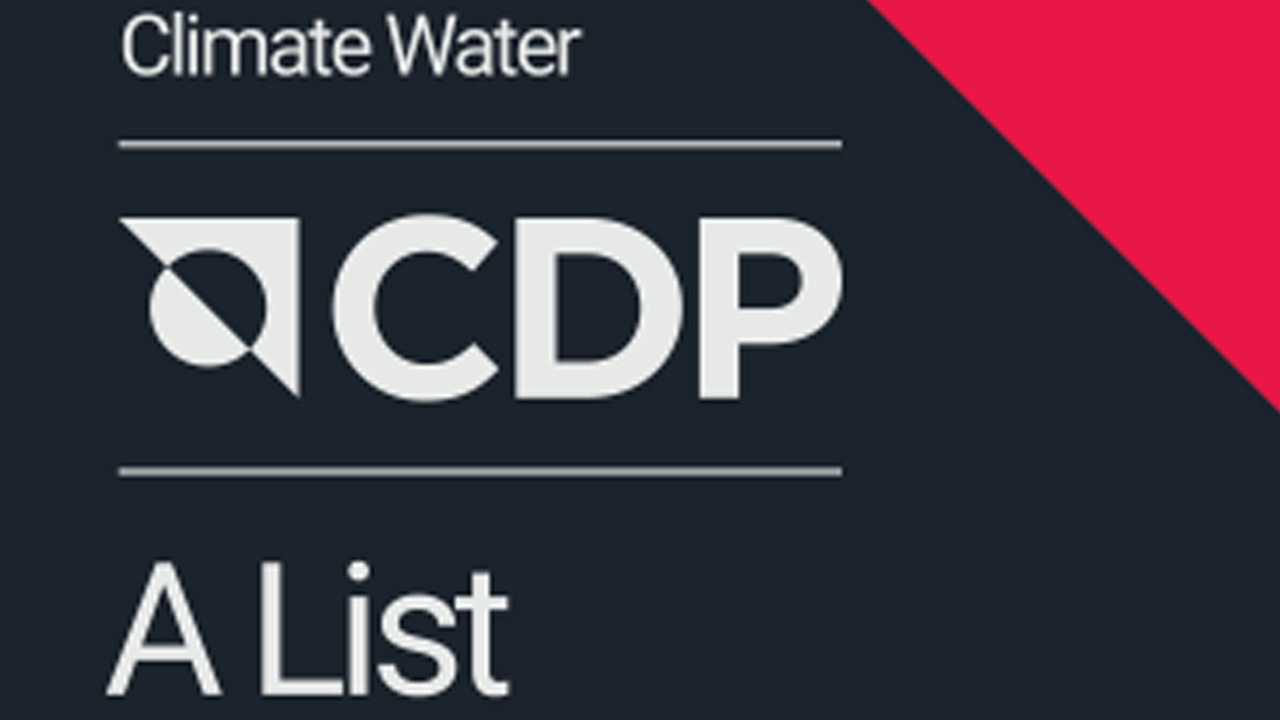Avery Dennison introduces ClearIntent portfolio
As part of its 2025 sustainability goals, Avery Dennison Label and Packaging Materials has created ClearIntent, a new portfolio designed to enable customers to choose products that can help to make a positive environmental impact.

The ClearIntent portfolio features an ever-growing selection of sustainability-oriented products, including: hundreds of facestocks, adhesives and other products made with fewer inputs; certified, renewable materials; and performance-enhancing innovations.
Luuk Zonneveld, product manager, sustainability at Avery Dennison Label and Packaging Materials, said that some of the most recent product innovations from Avery Dennison are included in the ClearIntent range, and said: ‘All of our development work takes place with a central focus on sustainability, which is why so many of these products deliver not only sustainability improvements but also differentiation for converters who are seeking new business opportunities. For example, ClearCut adhesive technology combined with an FSC-liner offers improved sustainability with no compromise on performance or productivity. We have more than 1100 FSC-certified label constructions offered at price and performance parity. Our bio-based PE film is made from a plant-based feedstock which avoids the use of scarce petroleum resources and prevents pollution caused by fossil fuel extraction. Recycling-friendly options include facestocks made from 100 percent recycled paper, which offer improved GreenPrint performance vs similar paper facestocks made from virgin fibers. There is a choice here for almost any application you can think of.’
Xander van der Vlies, director sustainability at Avery Dennison Europe, said that the ClearIntent portfolio is about working with converters and brand owners, and supporting them in meeting their sustainable packaging goals. ‘Avery Dennison has been creating more and more materials designed to empower sustainable choices, and it makes perfect sense to assemble all of them under one umbrella. Label converters can now offer materials with confidence to their customers, knowing that anything within the ClearIntent range provides the sustainability credentials they seek. The available materials cover a wide range of applications, so ClearIntent gives converters more ways to say ‘yes’ to sustainability.’
Zonneveld explained that materials that help converters ‘pick responsibly’ have to meet at least one of three main sustainability standards to qualify for the new portfolio. The first is responsible sourcing, where it has been verified by third party companies that a significant amount of the product’s content comes from sustainably sourced materials. The second is reduction of material – a product must offer comparable or superior performance to a conventional alternative, while using less material. The third criterion focuses on recycling, requiring a label material to be recyclable itself, to be made of recycled content, or to enable or improve the recyclability of the container or packaging the label is on.
Stay up to date
Subscribe to the free Label News newsletter and receive the latest content every week. We'll never share your email address.

